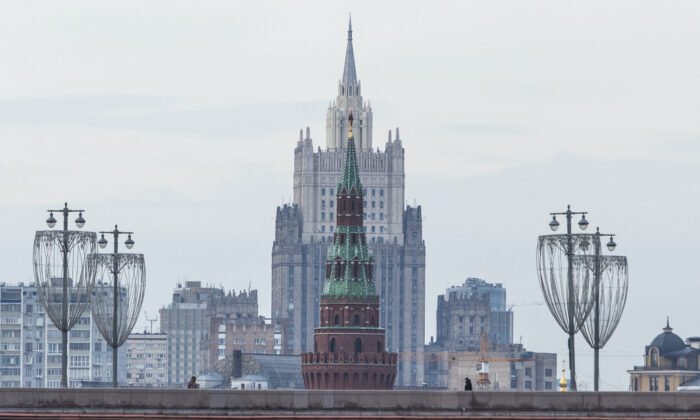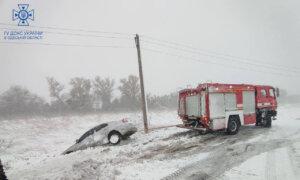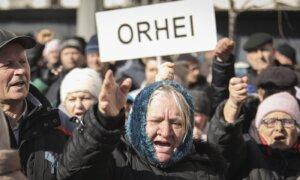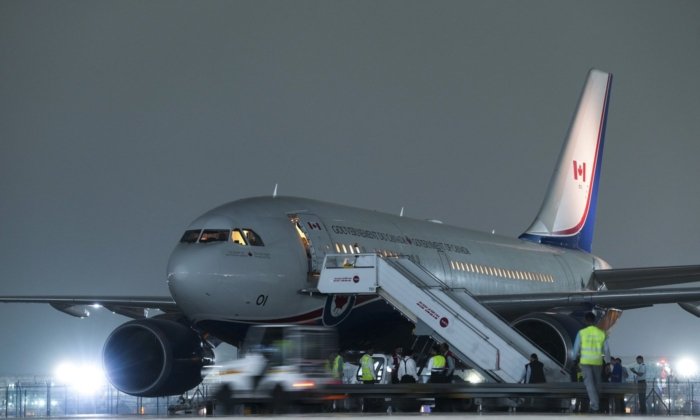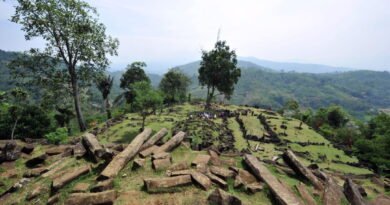Enclave with Russian Ties Turns to Moscow Amid Growing Strains with Moldova
Transnistria, situated between the Dniester River and the border of Moldova with Ukraine, has long been a point of potential conflict.
Transnistria, an enclave administered by Russia that spans parts of the Dniester River, sought Moscow’s assistance this week amidst escalating tensions with Moldova’s pro-Western government.
Despite being only 1,600 square miles in size, Transnistria is officially recognized as part of Moldova.
However, since the dissolution of the Soviet Union in the early 1990s, Russia has governed the enclave, which is still home to over 1,000 Russian troops.
Officials in Tiraspol, the capital of Transnistria, formally requested Moscow on Feb. 28 to intervene in defense of Transnistria against growing pressure from Moldova.
They also stated that more than 220,000 Russian citizens currently reside in the enclave.
Russia’s foreign ministry responded the same day, promising to carefully consider the request.
Protecting the interests of the people in Transnistria, including our compatriots, is a top priority for us,” stated the ministry.
The plea to Moscow follows Moldova’s imposition of new customs duties effective Jan. 1 on imports and exports to and from the Russian-administered enclave.
Transnistrian officials believe this move aims to coerce the enclave and will negatively impact residents and businesses.
Alexander Korshunov, head of Transnistria’s governing council, accused Moldova earlier this week of utilizing trade tariffs as tools of pressure and intimidation.
He claimed that Moldova’s policy towards Transnistria is focused on undermining its economic capacity, creating unbearable living conditions, and ultimately dismantling the enclave’s statehood.
Additionally, Tiraspol has called on the European Parliament to intervene and prevent Moldova, on the path to EU membership, from violating the rights and freedoms of Transnistria’s inhabitants.
Meanwhile, Moldova’s Deputy Prime Minister Oleg Serebrian dismissed Transnistria’s appeals as propaganda aimed at capturing attention.
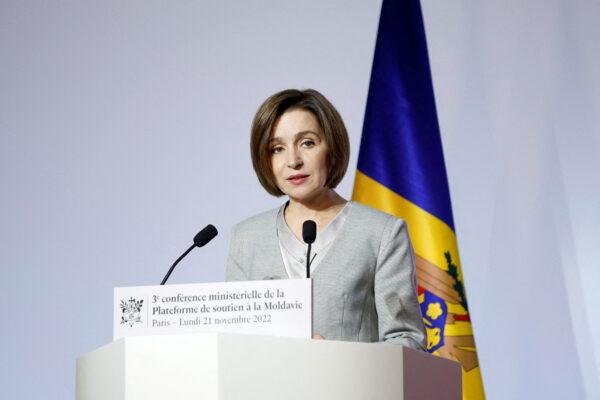
The tensions between Tiraspol and Chisinau, the capital of Moldova, extend beyond economic aspects.
On Feb. 29, Oleg Belyakov, a high-ranking official in Russia’s military mission to Transnistria, reported increased activity by Moldova’s military.
He expressed concern about summonses being sent out in Moldova, interviews with draft-age individuals at enlistment offices, and checks on the whereabouts of male resources, as it harkened back to developments in 1992.
The conflict in 1992 saw war erupt between newly independent Moldova and pro-Russian separatists in the eastern part of the country, resulting in hundreds of casualties. This conflict led to the establishment of Transnistria under Russian administration, maintaining an uneasy truce with Moldova ever since.
During a referendum in 2006, over 95 percent of Transnistrian voters reportedly favored formally joining Russia, although this vote was not recognized internationally. The U.S. State Department dismissed it as a provocative action not to be taken seriously.
Transnistria, known as a potential hotspot for conflict, shares a 280-mile border with western Ukraine, being invaded by Russia from the eastern side two years ago.
The enclave is also said to house numerous weapons depots containing significant quantities of Soviet-era munitions.
Last summer, Transnistria requested Russia to increase its military presence in the region due to escalating security risks.
This request followed Moscow’s accusation against Ukraine of planning an attack on Russian forces stationed in Transnistria.
At the time, Kyiv retaliated by accusing Moscow of plotting a coup against Moldova’s government.
During a summit in Albania on Feb. 28, Moldovan President Maia Sandu emphasized Chisinau’s dedication to peacefully resolving the Transnistrian conflict.
She defended her government’s decision to elevate customs duties on trade with the enclave as small steps towards the economic reintegration of the country.
At the summit, Sandu met with Ukrainian President Volodymyr Zelenskyy to discuss regional developments.
According to Zelenskyy, they exchanged opinions on recent events in Moldova’s Transnistria region and Russia’s attempts to disrupt the situation.
Ukraine’s foreign ministry stated its commitment to play an active role in the Transnistrian settlement process and called for the prompt withdrawal of Russian troops from the enclave.
During a press briefing on Feb. 28, U.S. State Department spokesperson Matthew Miller highlighted the U.S.’s vigilance regarding events in Transnistria.
He affirmed the United States’ firm support for Moldova’s sovereignty and territorial integrity as per its internationally recognized borders.
Miller also urged cooperation between Chisinau and Tiraspol to address the pressing concerns of communities on both sides of the Dniester River.
The Associated Press contributed to this report.

